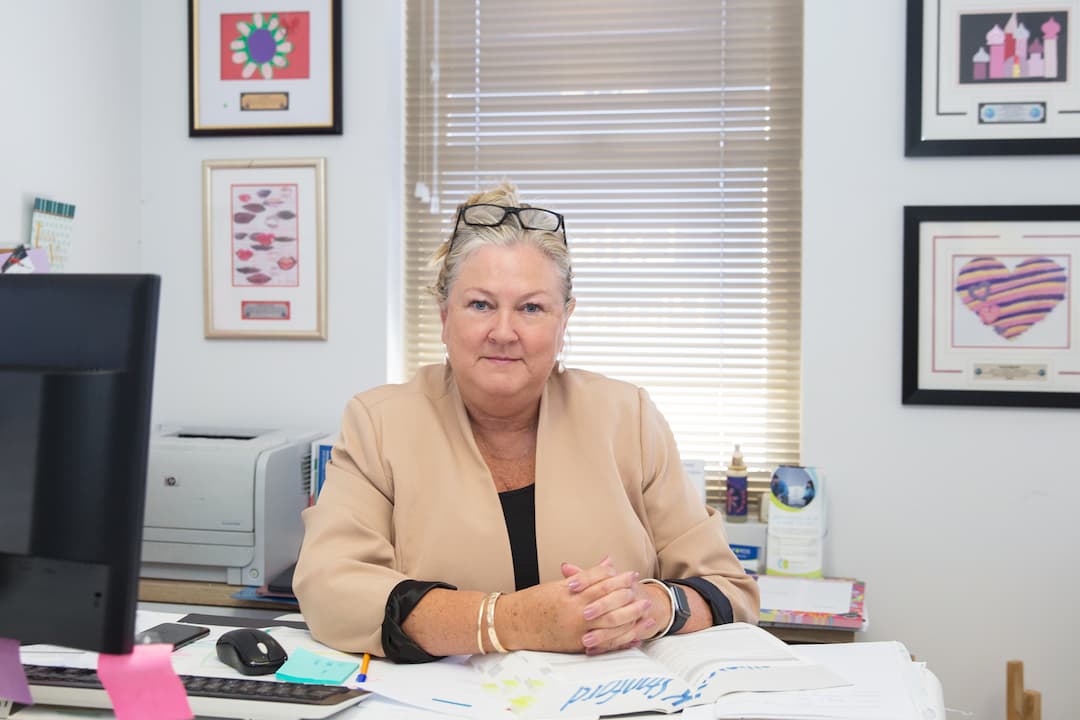Blog
What is Family Dispute Resolution?
- Written by Kelly Stanford
- Posted in Family Law

A question I often get asked by my clients is “what is Family Dispute Resolution?”
Mediation is often the first step many families take to resolve family law issues following separation. It is the fastest and cheapest way to plan for the future.
Families wishing to plan for the future in relation to parenting, are required to attend mediation and make a genuine attempt to resolve issues before they are able to commence court proceedings. There are exceptions to this where there has been family violence, child abuse or extremely urgent matters.
What Happens Before Mediation?
Before mediation, you will need to find a mediator. You might be asking “what sorts of things do I need to consider when choosing a mediator?” Well, when contemplating which mediator to engage to assist you work though any family issues, it is important to consider their background and expertise, their costs, as well as their style and personality.
Once you have chosen a mediator, the mediator will invite the other party to mediation and conduct an intake process with each of the parties. The intake interview may be an interview over the phone, or it may be a checklist that you can complete and provide to the mediator prior to the mediation.
The intake session will allow you to speak with the mediator so that they can understand a little about your matter. This will help the mediator to consider
whether there are any matters which may mean that Family Dispute Resolution cannot assist you.
Once the mediator has conducted their intake with both the parties, it will be time to organize a date for the parties to attend mediation.
How can I prepare for mediation?
When a date has been set for mediation, my clients often ask me what they can do to prepare for the mediation. I often advise them to come to the mediation with a list of topics they would like to discuss. Some common issues that are discussed in a parenting mediation are as follows: –
- How will we communicate as separated parents?
- How will we share holidays?
- How will we pay for the children’s expenses?
- How will we introduce new partners into the children’s lives?
- How will we sell the house and divide our assets?
This way you have a list to look back to and can ensure that you have not missed anything you were hoping to discuss on the day. It is also important to come to mediation with an open mind and a list of different options in relation to some of the issues. I encourage my clients to come to mediation with three different options: –
- A plan you love
- A plan you like
- A plan you could live with
This will take a lot of stress out of the day as you’ve considered a variety of options for resolving the matter moving forward.
Each family is unique and what works for one family may not work for yours. The benefit of mediation is that it allows you to develop options that work for your and your family dynamics moving forward.
What Happens During Mediation?
Now that you have done all that you can to prepare for the mediation, all that is left to do is turn up on the day with you list ready to discuss some of the issues your family is experiencing. On the day, when the mediation commences, the mediator will give an opening statement and explain to you what you can expect during the conference. The mediator will then invite you and your former spouse to give a brief opening statement about the issues you would like to discuss during the conference. This is where your pre-prepared list of topics will come in handy!
From here, the mediator will assist you to engage in constructive discussions about the issues you have raised and possible options to resolve those issues.
There may be times during the conference where the mediator may take a break to speak to you and your former spouse individually. Anything said in these conferences is confidential and will not be brought back into the main conference.
What Happens following Mediation?
If you are able to come to an agreement at mediation, there are a variety of ways of recording those agreements. These include: –
- A parenting plan
- Consent orders
- Binding Financial Agreement
- Binding Child Support Agreement
Our office can discuss with you these options to assist you to determine which option may be most suitable for you.
In the event that you are not able to come to an agreement at mediation, our office will be able to discuss with you different options you may have to resolve your legal issue.
How can we help?
If you have more questions on what the family dispute resolution process looks like for you and your family, please contact our office on 1300 444 529 to speak to one of our lawyers.


